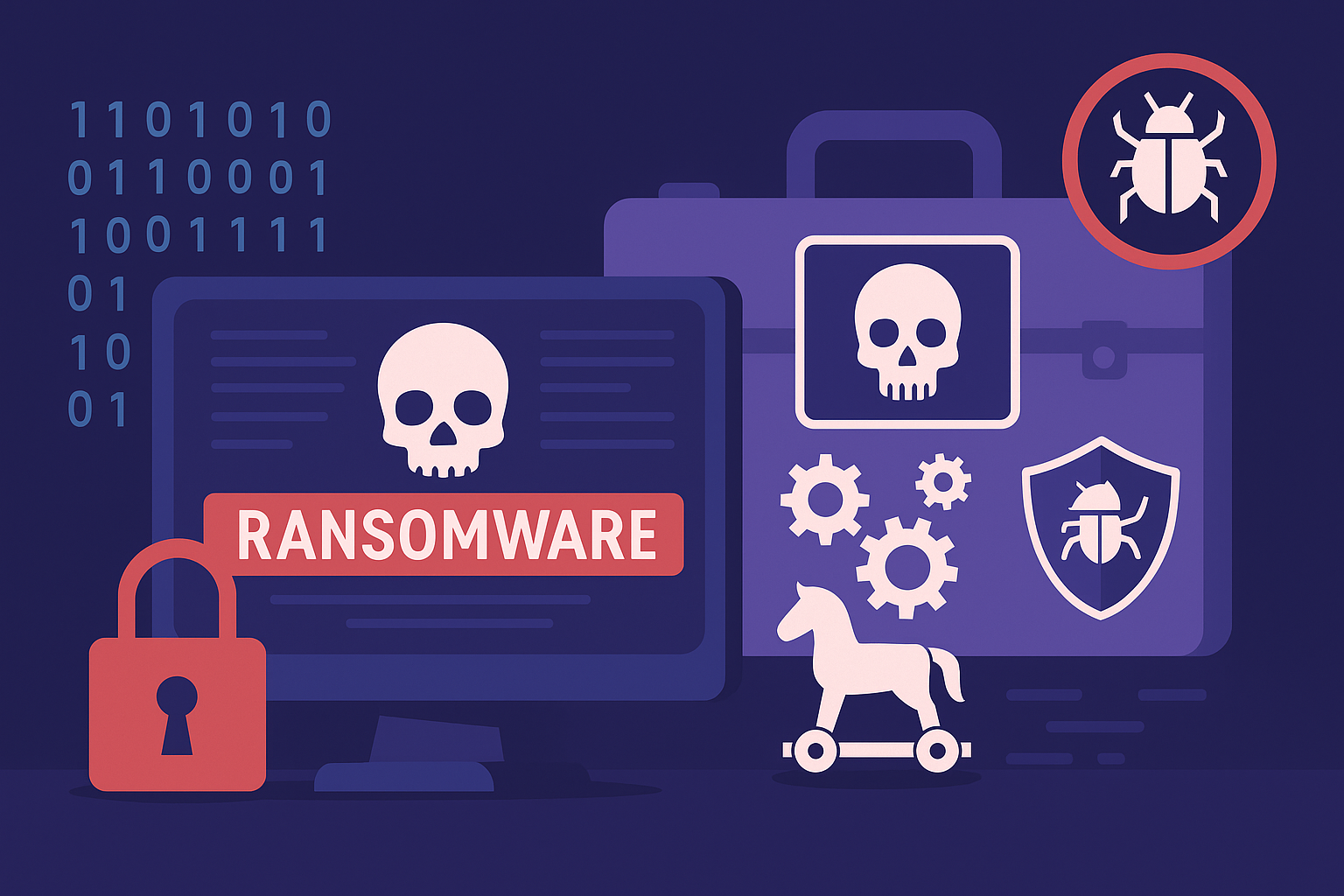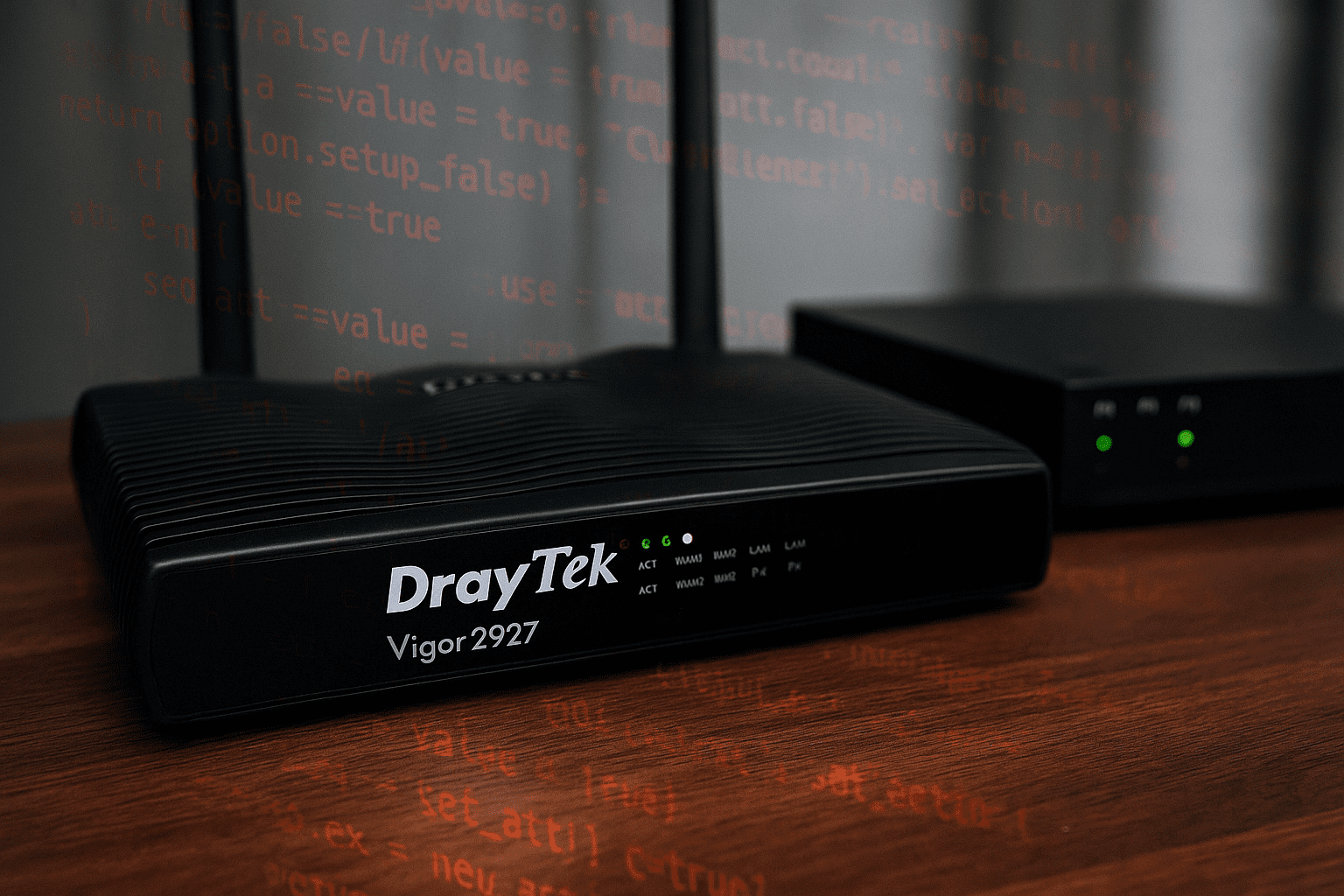Research
-
Misconfigured Rainwalk Pet database left 158 GB of owner and pet records exposed
A misconfigured Rainwalk Pet database exposed about 158 GB of customer and pet records, including names, contact details, partial credit card numbers, veterinary bills and microchip numbers, the article said; the data remained publicly accessible for almost a month before being secured.
-
Researchers say Chinese-speaking group UAT-8099 uses IIS servers for global SEO fraud
Researchers say a Chinese-speaking group dubbed UAT-8099 has been exploiting Microsoft IIS servers to run SEO fraud and steal credentials and certificate data, using web shells, Cobalt Strike and a modified BadIIS backdoor across targets in Asia and the Americas.
-
XWorm backdoor resurfaces with ransomware module and dozens of plugins
Researchers at Trellix told BleepingComputer that new XWorm variants 6.0, 6.4 and 6.5 are circulating in phishing campaigns, include more than 35 plugins and a ransomware module that encrypts user files and drops ransom instructions.
-
Researchers report surge in scans targeting Palo Alto Networks login portals
GreyNoise reported a roughly 500% rise in IP addresses scanning Palo Alto Networks GlobalProtect and PAN-OS profiles, peaking at over 1,285 addresses on Oct. 3; GreyNoise classed most IPs as suspicious and also flagged separate Grafana exploitation attempts tied to CVE-2021-43798.
-
Trend Micro: SORVEPOTEL self‑propagating malware spreads via WhatsApp, hits Brazil hard
Trend Micro researchers said a self‑propagating malware campaign called SORVEPOTEL is spreading via WhatsApp and email to Windows desktops, concentrating in Brazil; it propagates through malicious ZIP attachments and PowerShell, aims for rapid spread rather than data theft, and has led to mass spam and account suspensions.
-
Signal adds post‑quantum SPQR ratchet to its protocol
Signal announced the Sparse Post Quantum Ratchet (SPQR), to be combined with its Double Ratchet into a Triple Ratchet that Signal says will add post‑quantum protections while preserving forward secrecy and post‑compromise security, and will be rolled out gradually with formal verification and academic review.
-
DrayTek warns of remote code execution bug in Vigor routers
DrayTek has warned that multiple Vigor router models are affected by CVE-2025-10547, an uninitialized stack vulnerability that can lead to memory corruption and, in some cases, remote code execution; firmware updates are available and administrators are urged to apply them.
-
Confucius-linked phishing in Pakistan used WooperStealer and Anondoor, researchers say
Researchers say the Confucius hacking group targeted Pakistani users with phishing lures that delivered WooperStealer and, in later attacks, a Python backdoor called Anondoor; Fortinet and K7 Security Labs described the techniques and capabilities but did not disclose victim counts.
-
Researchers Say YoLink Smart Hub Vulnerabilities Could Let Attackers Control Locks
Researchers at Bishop Fox have disclosed multiple vulnerabilities in the YoLink Smart Hub v0382 that can bypass authorization, expose credentials over unencrypted MQTT, and allow attackers to control devices including smart locks; the manufacturer has not yet issued a patch.
-
Malicious PyPI package ‘soopsocks’ acted as SOCKS5 proxy and Windows backdoor, researchers say
Researchers say a PyPI package called soopsocks posed as a SOCKS5 proxy but included Windows backdoor capabilities, downloaded 2,653 times before removal; analysis attributes reconnaissance, privilege elevation, firewall changes and data exfiltration to a compiled executable and accompanying scripts.










